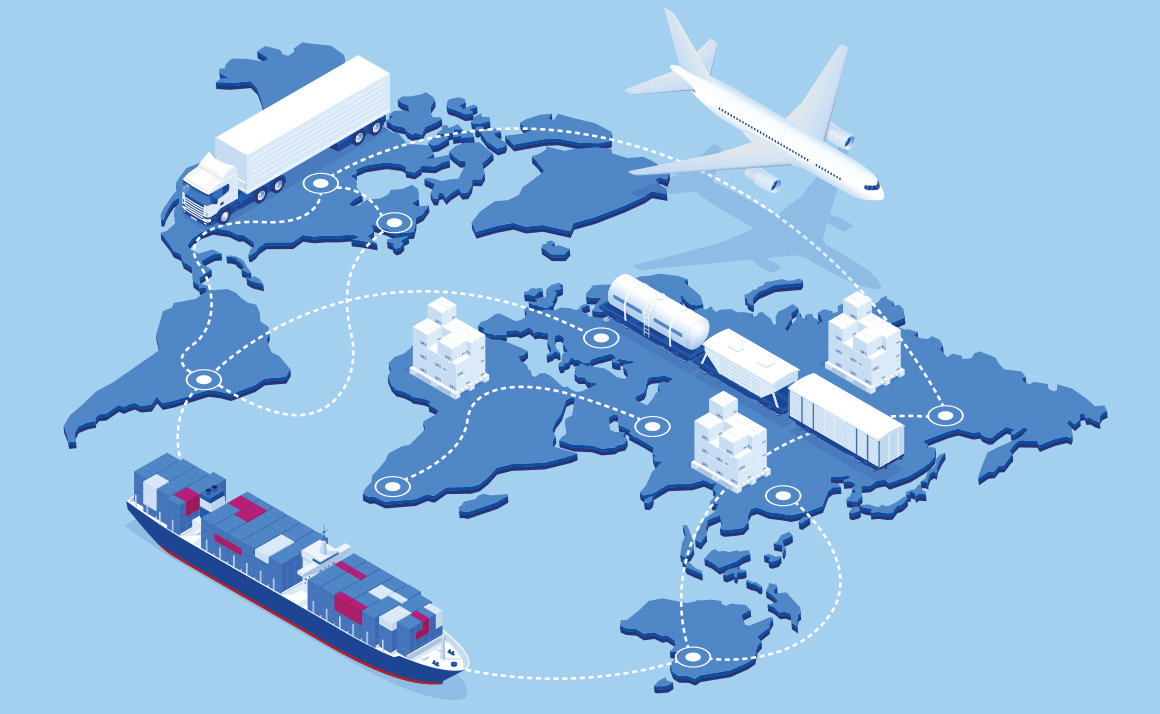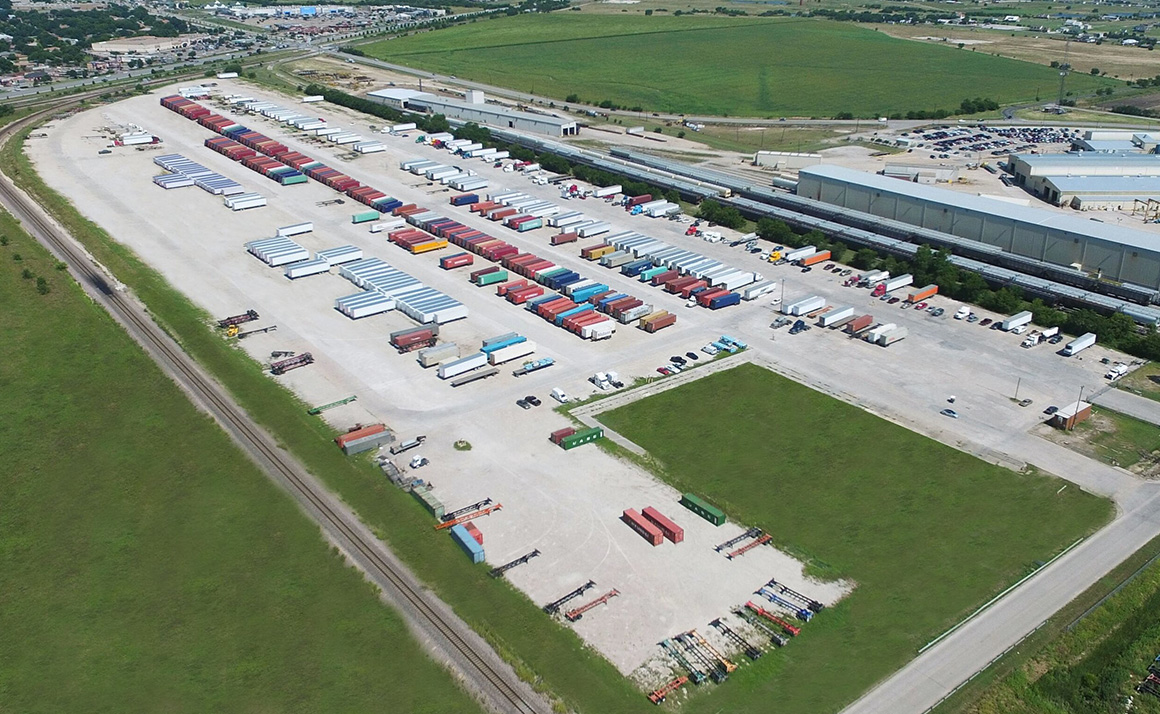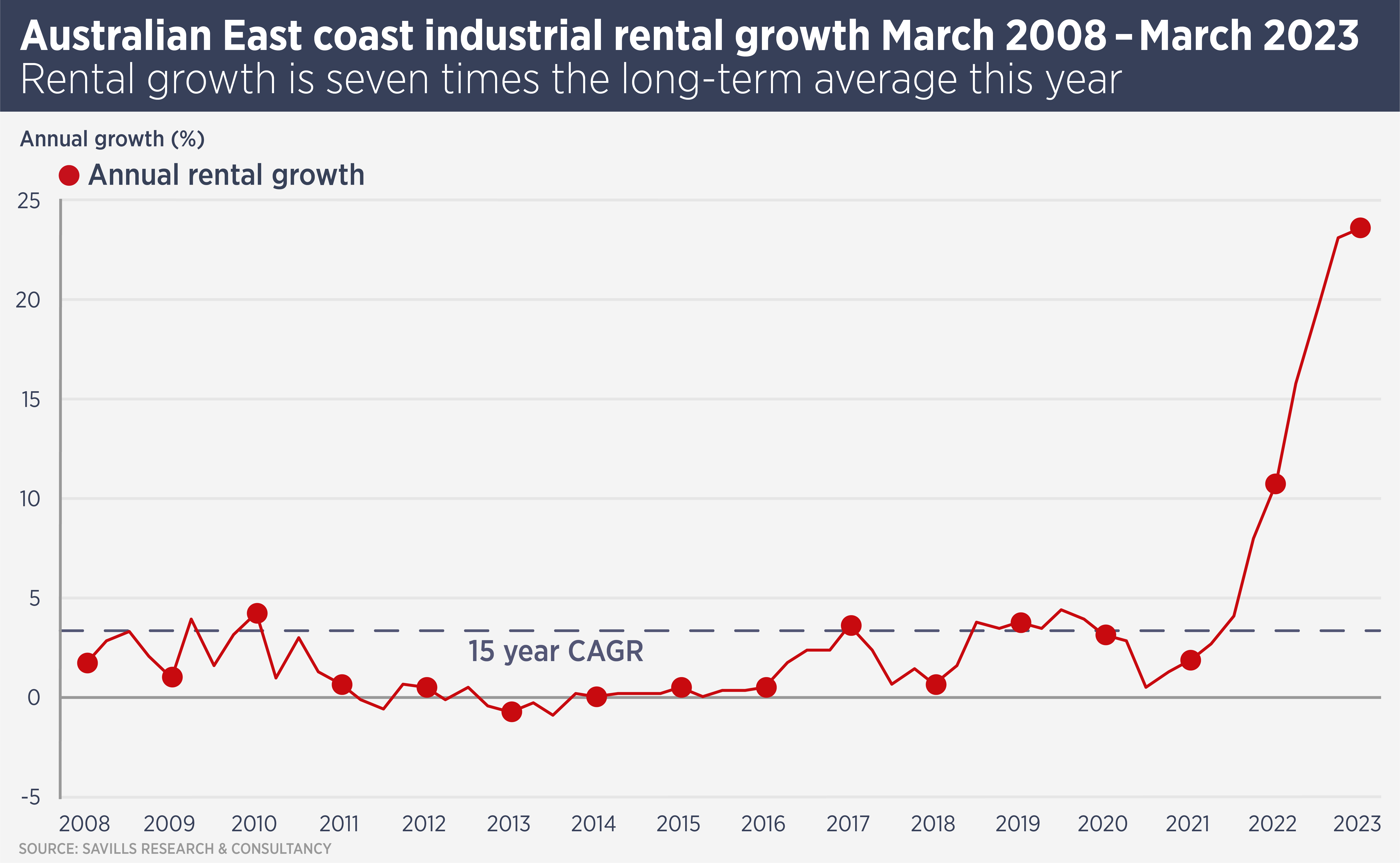
Go West: Asian manufacturers expand to Mexico
Explore Chinese manufacturers' shift to Mexico for resilient supply chains, cost savings, and strategic advantages in proximity to the U.S. - a new era in global manufacturing.
Chinese manufacturers have been setting up shop in Mexico, as part of ongoing shifts in global supply chains. Geopolitics is the headline reason cited for these moves, but they also reflect the need for supply chain resilience and Chinese manufacturing moving up the value chain.
Following supply chain disruptions during the COVID-19p pandemic, manufacturers worldwide have been “nearshoring”, moving production closer to final demand markets where goods are sold, making it more resilient to such upheaval.
Proximity to the US and being part of the United States-Mexico-Canada Agreement, a free trade accord signed in 2020, make Mexico perhaps the most important nearshoring location.
The movement from China to Mexico has sparked the creation of new industrial and logistics facilities, such as Hofusan industrial park in the border state of Nuevo León, which is being developed by Chinese industrial firms Holley Group, Futong Group and the Santos family from Mexico.
The park is being developed on 2,100 acres of land, which was once the Santos family’s cattle ranch, but is being developed into warehouses, factories and homes for workers.
Jack Harkness, Director, Regional Industrial & Logistics Services at Savills Asia Pacific, says: “The US is the most important export market for many Chinese manufacturers. Locating production in Mexico, which has a large working population and favourable trade relations with its northern neighbour, means they can benefit from lower wages and transport costs.”
Statista data show that manufacturing wages were $6.50 per hour in China in 2020, compared with $4.82 in Mexico, meaning a 25% saving on one of the biggest costs for manufacturers.
Rising wages are one of the reasons China began shifting away from low-end manufacturing to higher-tech product manufacturing more than a decade ago and is currently a world leader in the production of EVs and solar panels.
China is not the only source of Asian investment in Mexico; there are more than 1,200 Japanese companies with operations in Mexico, half of which are involved in the automotive industry. Meanwhile, more than 2,000 Korean companies have operations in Mexico.
Manufacturers seeking diversification from China have also been driving industrial and logistics real estate development in other Asian markets, most notably Vietnam, which also offers a large population and lower wages than China. As well as expanding outside of China, manufacturers are also expected to move some operations to cheaper locations in Western China.
Harkness says: “We expect to see further movement in manufacturing and logistics as China continues to move up the value chain and as global supply networks reconfigure.”
Further reading:
Savills Regional Industrial & Logistics Services
Contact Us:
Jack Harkness



